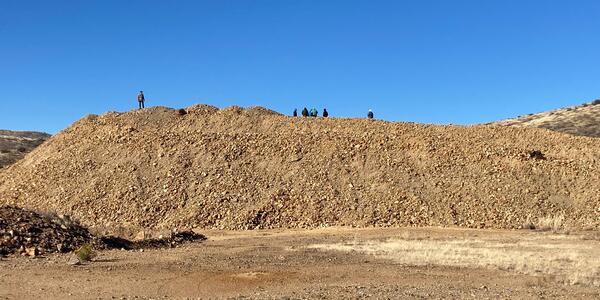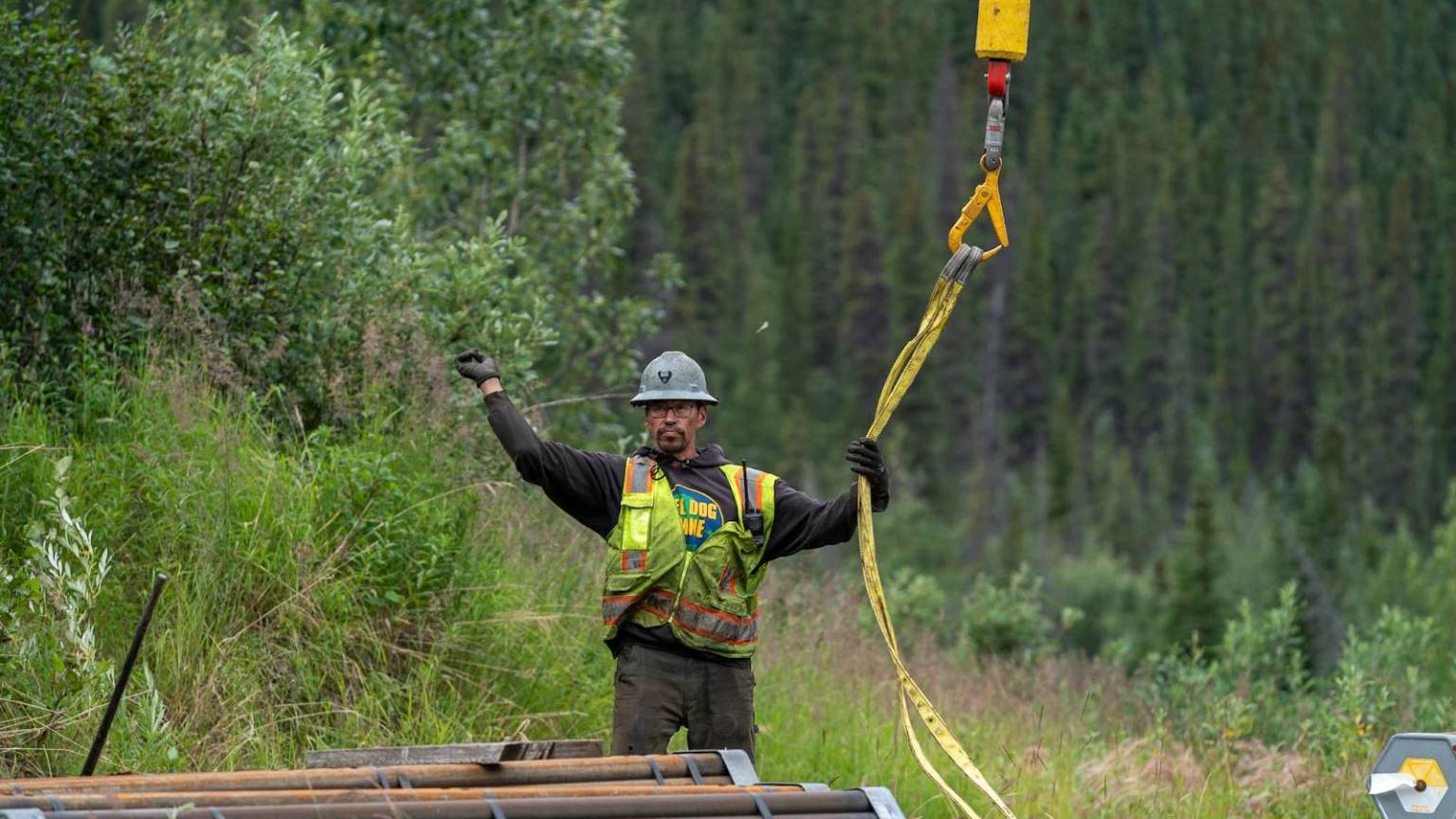cubdriver84d
WKR
Do we actually need more projects like that though, or maybe we just need to take better advantage of existing projects?I wanted to provide some further information on this statement. The critical materials initiative has been ongoing for a number of years now to meet the demand for renewable, battery, and critical electronic/technology components. Here is a summary video published by the Department of Energy in 2023 that does a nice job explaining the initiative. I also pulled out a graph of this video to highlight that the materials they are targeting in this initiative are some of the primary ones being targeted by the Ambler Road mine.
View attachment 971047
This initiative is very much active with Representative Susie Lee (D-NV) and others appearing last week at a seminar focused on the materials crucial for renewable energy supply chains put on by Critical Materials and SEIA, the largest renewable lobbying group in the country: https://seia.org/events/forum-on-es...hain-supporting-the-u-s-grid-storage-industry . The Department of Interior recently posted a listed of 60 critical minerals for the US economy and national security: https://www.doi.gov/pressreleases/interior-department-releases-final-2025-list-critical-minerals .
This is what a mandated net zero renewable energy policy looks like folks. It is not simply the large scale development of renewable generation on private and public lands. It is the supply chain including projects such as Ambler Road. Some of the largest conservation groups in the country and world that are now posting their opposition to this and other mining projects are the very groups that helped make the Ambler Road project financially attractive by embarking on PR campaigns to promote large scale renewable energy build outs for net zero. Those PR campaigns promoting national and international policy initiatives for renewable build outs have been highly effective. A graph of energy capacity changes shows where we are heading. It's more of these projects, not less.
View attachment 971048View attachment 971057

U.S. already has the critical minerals it needs – but they're being thrown away, new analysis shows
The findings, published in the journal Science, show that improved recovery of critical minerals such as cobalt, lithium and rare earth elements currently being discarded as tailings of other mineral streams could meet the U.S. demand for energy, defense and technology applications.

Department of the Interior launches effort to recover critical minerals from mine waste
The Department of the Interior is taking decisive steps to recover critical minerals essential to America’s economic strength, national defense, and energy future from mine waste, coal refuse, tailings and abandoned uranium mines. In launching the effort, Secretary Doug Burgum cited...

Department of the Interior Launches Effort to Unlock Critical Minerals from Mine Waste | U.S. Department of the Interior
The Department of the Interior is taking decisive steps to recover critical minerals essential to America’s economic strength, national defense, and energy future from mine waste, coal refuse, tailings and abandoned uranium mines
Also, I've posted this in other related threads, but the WACH working group always discusses the ambler road during their meetings regarding impacts to caribou, subsistence, etc. https://westernarcticcaribou.net/the-group/past-meeting-summaries/


